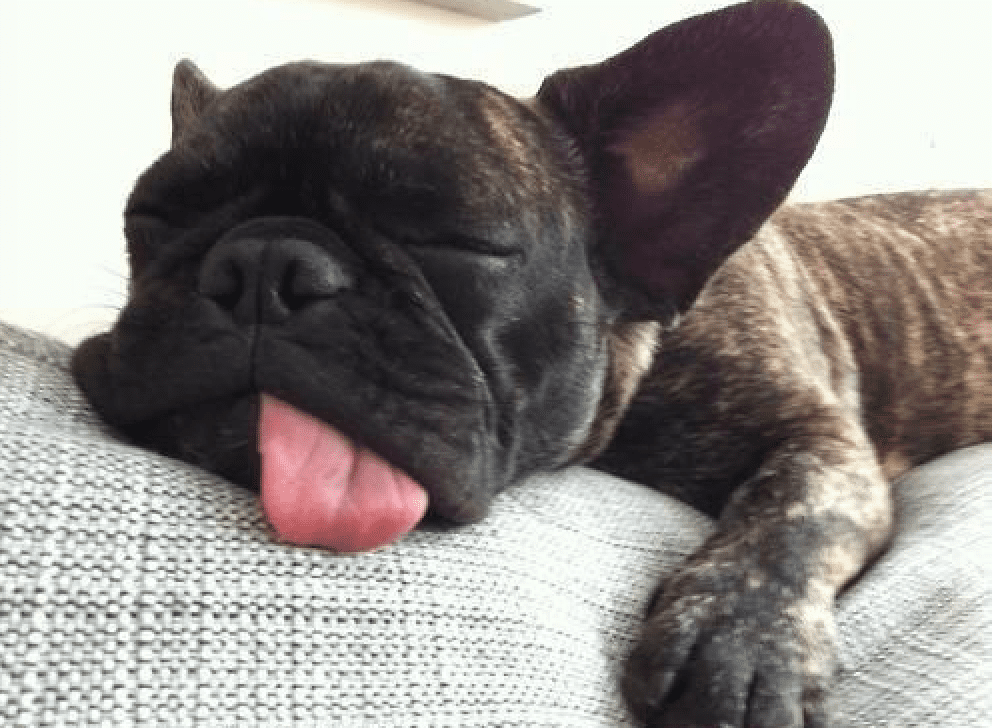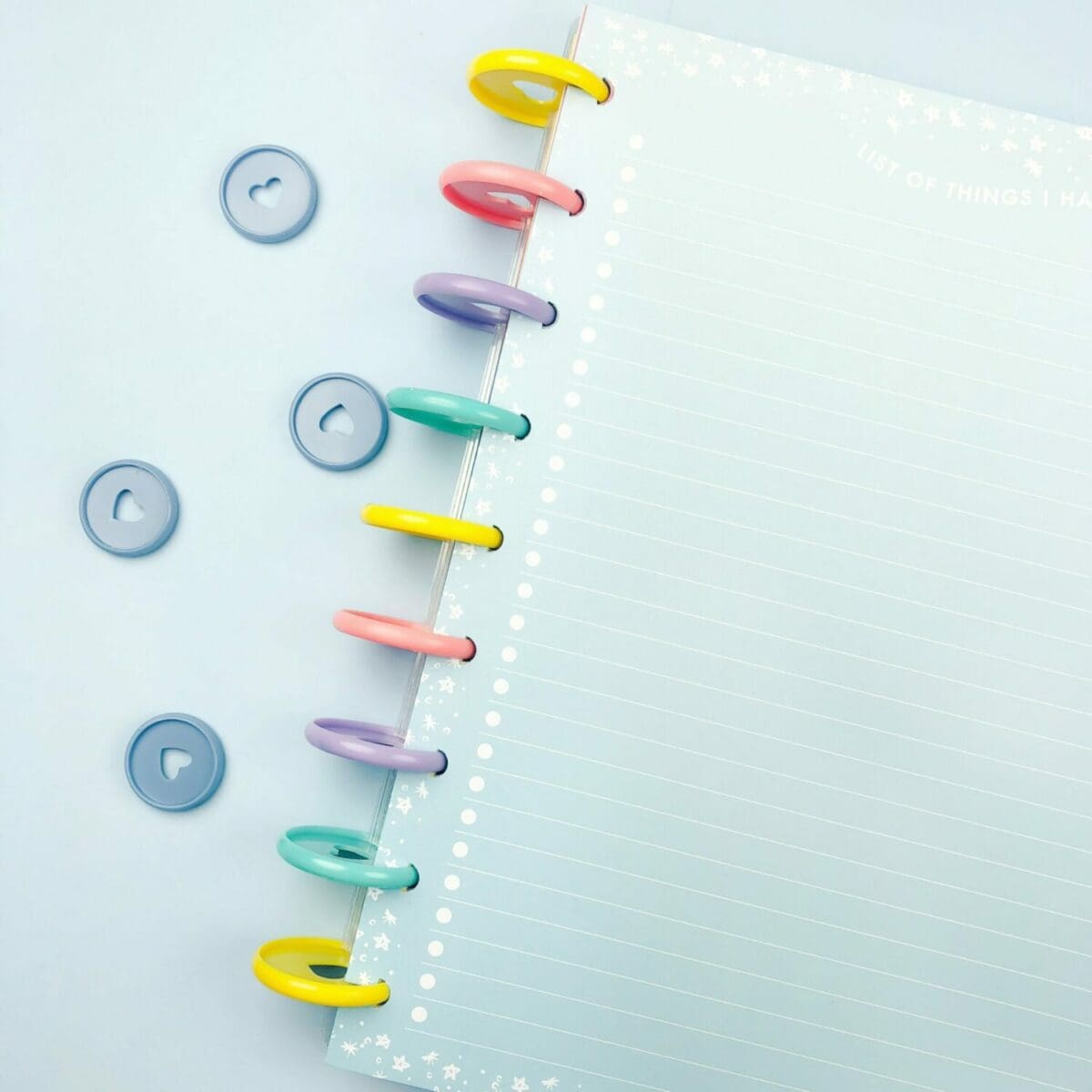
Exam Prep Toolkit: Beating Test-Day Stress
December 15, 2025 in Be Positive, Educate Yourself
Are you stressed about an exam coming up? Know that you are not alone! Most students experience some form of test anxiety.
Test anxiety is a type of performance anxiety that takes place before an exam. This is most often due to the fear of failing or getting a bad score. Test anxiety can be overwhelming and even show itself through physical symptoms like sweating or nausea.
Having too much anxiety about a test or assignment can cause you to perform poorly, so here are a few tips to combat this:
Avoid cramming! Cramming is when you wait until the last minute to learn all of the material rather than studying over a duration of time. Create a study plan and allow yourself a few days to review the material in sections.
Get a good night’s sleep the day before. Being well rested promotes focus and memory. Avoid pulling an all-nighter and get a full eight hours of sleep leading up to an exam.
Use coping skills for anxiety. If you begin to feel overwhelmed during the test, take a second to practice a coping skill. Deep breathing and grounding are quick, easy, and effective ways to help yourself calm down.
Most importantly, remember that you are not defined by your grade! It’s okay if you don’t do as well as you hoped. Doing poorly on a test does not mean that you are not smart.
You’ve got this!



















Recent Comments